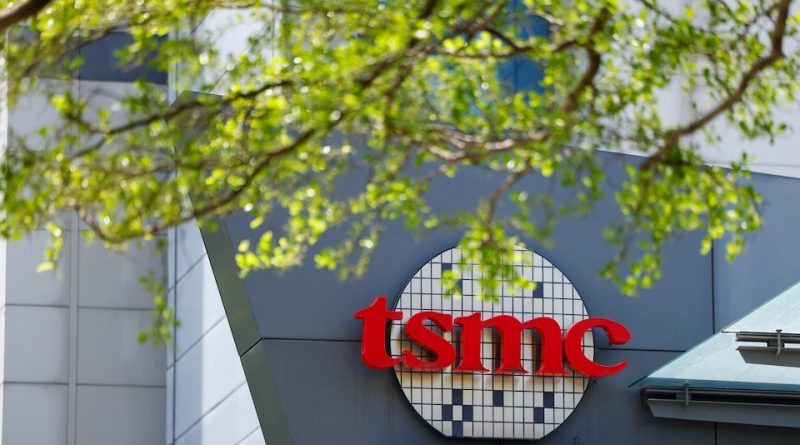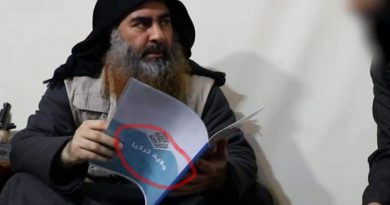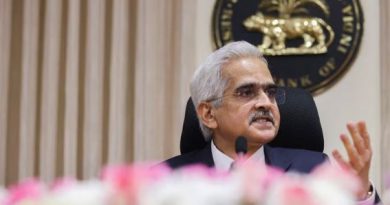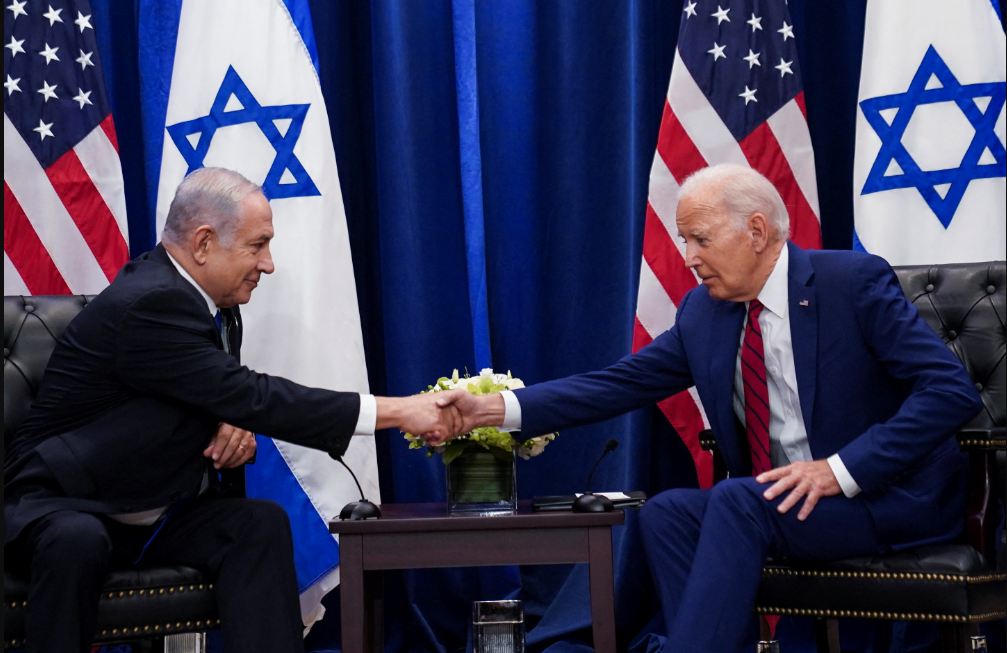Taiwan Raids Former TSMC Executive’s Home in Trade Secrets Probe
Taiwanese investigators intensify scrutiny in a high-profile case involving a former TSMC executive accused of leaking sensitive information, as both companies involved issue firm and measured responses.
Taiwan authorities have launched a significant investigation into alleged trade secret violations, carrying out raids at the residences of a former senior executive of Taiwan Semiconductor Manufacturing Company.
The probe centers on Wei-Jen Lo, a long-time industry figure who previously held a top leadership role at TSMC, and who joined Intel earlier this year following his retirement from the chipmaking giant.
Prosecutors confirmed that investigators executed a search warrant at two properties belonging to Lo, where computers, storage devices, documents, and digital equipment were seized for detailed examination.
Authorities stated that the operation was conducted under Taiwan’s National Security Act, reflecting the sensitivity surrounding advanced chip technologies and the strategic importance of semiconductor intellectual property.
Officials added that a court approved a separate petition to secure Lo’s financial assets, including shares and real estate, as a precautionary measure while the investigation continues.
TSMC had earlier filed a formal lawsuit in Taiwan’s Intellectual Property and Commercial Court, alleging that there is a high possibility the former executive transferred or disclosed confidential materials to Intel.
The company expressed concern that proprietary information related to cutting-edge chip production, including knowledge connected to its leading-edge 5-nanometer, 3-nm, and 2-nm manufacturing technologies, may have been compromised.
Lo, who worked at TSMC for more than two decades and played a key role in steering advanced process development, has not issued a public statement addressing the allegations made against him.
Intel, which rehired Lo in October after his retirement from TSMC, offered a strong denial of the accusations, stating that the company has seen no indication that its new employee engaged in any misuse of confidential data.
The U.S. chipmaker emphasized that it upholds rigorous internal standards designed to prevent the use or transfer of proprietary materials, and noted that compliance policies are actively monitored and applied across its global operations.
Intel added that Lo maintains a long-standing reputation within the semiconductor sector for professional integrity and technical excellence, highlighting that the mobility of talent between companies is common and essential for innovation in the industry.
The company also explained that it routinely trains employees on intellectual property protection, and that it remains committed to cooperating with lawful processes while safeguarding its own corporate standards.
Prior to his two-decade tenure at TSMC, Lo had spent 18 years working at Intel, giving him extensive experience across both leading chip manufacturers and contributing to his status as a respected figure in the field.
Taiwan’s investigation comes at a time when global competition in semiconductor technology is intensifying, with governments and companies paying close attention to the movement of experts, patents, and advanced manufacturing techniques.
The case has triggered discussions within the technology community about the balance between open talent mobility, and the need for companies to protect strategic knowledge that forms the foundation of their most advanced technologies.
Authorities in Taiwan have not issued a timeline for the next steps in the inquiry, but signaled that the case will be handled with thoroughness given the sensitive nature of the semiconductor sector.
As the investigation proceeds, industry observers will be watching closely for new developments, particularly as both companies involved continue to navigate a complex global environment defined by innovation, competition, and high-level expertise.



